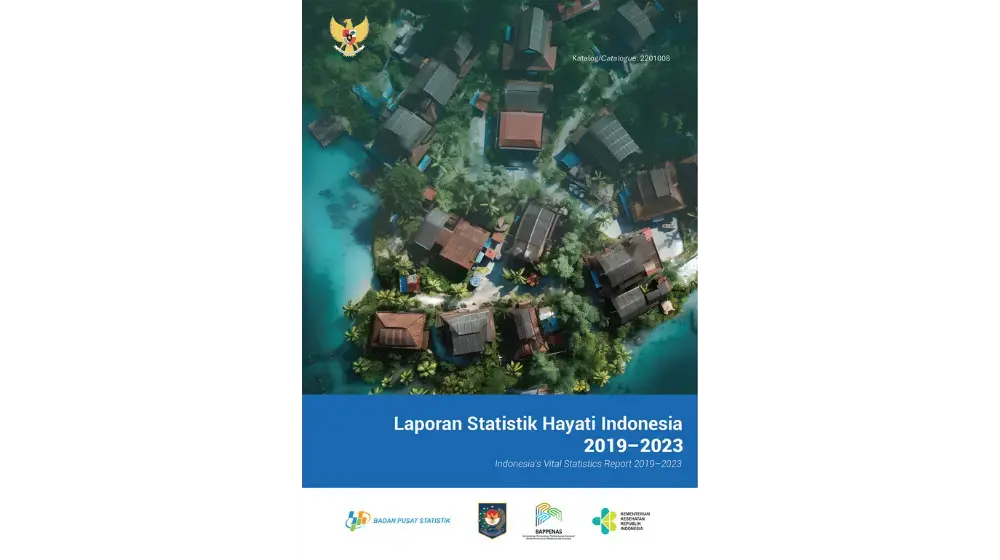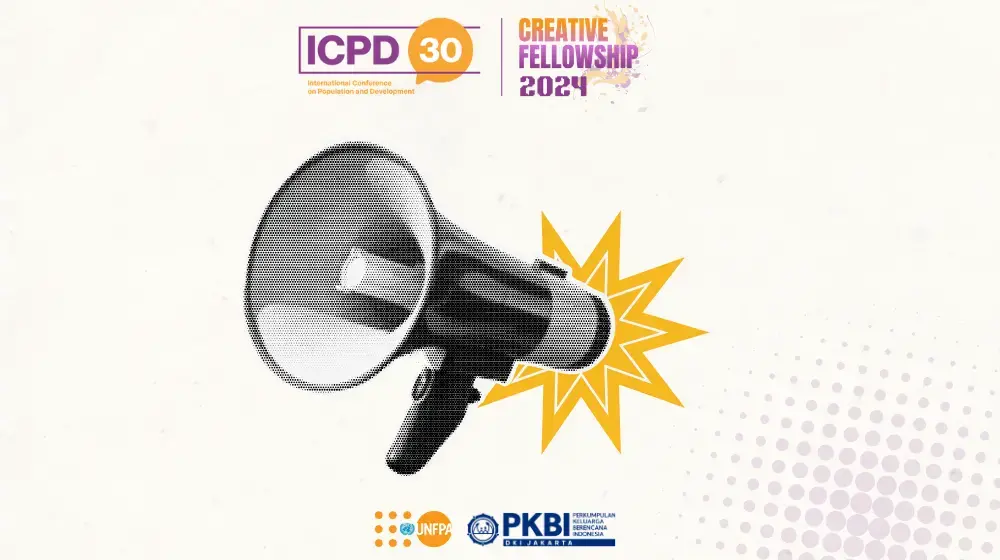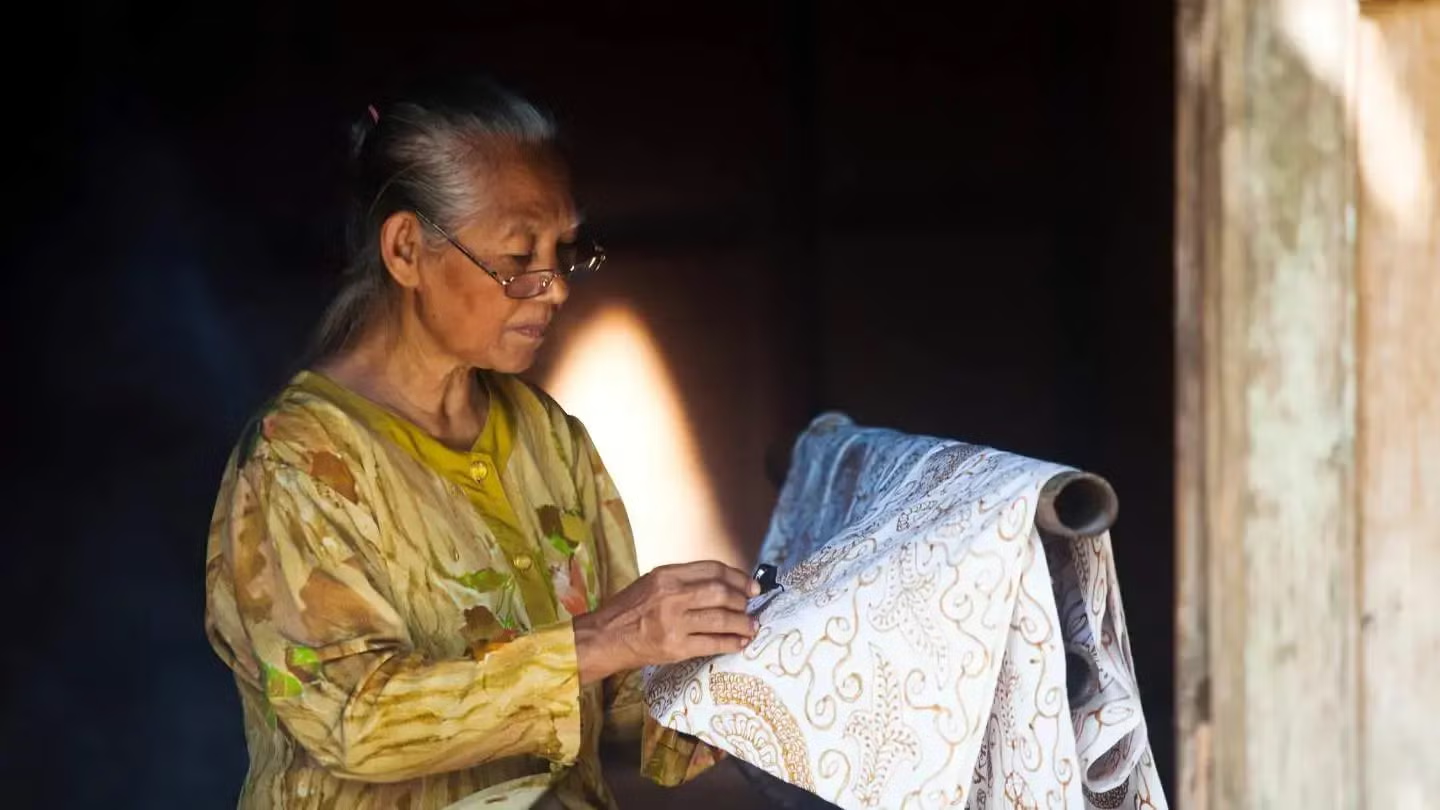Youth Involvement during 3rd HLPEP Meeting in Bali, Indonesia, March 2013.
ADDIS ABABA, 15 November 2013— Young people are a vital force that must be front and centre in global development efforts, said Dr. Babatunde Osotimehin, Executive Director of UNFPA, the United Nations Population Fund, announcing UNFPA’s call for a youth centered goal in the Post-2015 development agenda.
“To achieve genuine development, we must transform our approach with and for young people, and in particular young women and girls. Young people are drivers of change. They must have the choices and tools to fully participate in development, realize their potential, and contribute to their societies,” said Dr. Osotimehin, adding that universal access to rights-based sexual and reproductive health, including contraception, is a key step to empowering young people.
Speaking at the International Conference on Family Planning, in Addis Ababa, the UNFPA Executive Director highlighted barriers to the full realization of young people’s rights. “Adolescents are subjected to our double standards, and for girls in particular, the consequences are grave: They are not old enough to drive, yet old enough to be a parent? They are not old enough to vote, yet old enough to be married? Old enough to be pregnant, yet not old enough to have full access to sexuality education or contraceptives? Let us be clear: There can be no room for motherhood in childhood and we cannot continue to deprive young people of their rights to sexual and reproductive health,” he said.
Dr. Osotimehin paid tribute to civil society, technical experts and government representatives who are working to achieve significant progress in family planning. Today, countries with the highest unmet need for family planning are at the forefront of global efforts to expand access to contraceptive information, services and supplies, according to a new report released in Addis Ababa this week. Also at the conference, five governments—Benin, the Democratic Republic of the Congo, Guinea, Mauritania and Myanmar—announced major new pledges for family planning.
“The momentum behind this acceleration towards universal access to sexual and reproductive health, including maternal health, is rightly putting family planning at the heart of our combined efforts,” said Dr. Osotimehin. “We congratulate governments and communities that have stepped up to the challenge, here in Africa and elsewhere—especially to the extent that this is protecting and enforcing human rights—and UNFPA is proud of our partnerships that are affirming and accelerating these achievements.”
UNFPA has helped countries develop policies and programmes to ensure availability of sexual and reproductive health information and services, realize gender equality, and expand capabilities that young people require for employment, health, resilience, participation and citizenship.
UNFPA is also assisting countries in harnessing the benefits of the “demographic dividend”— the economic prosperity that can emerge when there is reduction in fertility rates coupled with strategic investments in health, education and job creation for young people.
“Together we are creating the conditions for the realization of the demographic dividend by investing in equitable and high-quality access to rights-based reproductive health and reproductive rights. This will then allow girls to stay in school, to decide if and when they want to marry or have children, and will allow them to develop the skills and capabilities to be active as leaders,” said Dr. Osotimehin.
“By empowering this generation,” he added, “we will be able to bridge the world into a better future.”
***
UNFPA works to deliver a world where every pregnancy is wanted, every childbirth is safe and every young person’s potential is fulfilled.
For more information or interview requests, please contact:
Etienne Franca – franca@unfpa.org
+251 937 94 6684 - +1 917 310 8957





